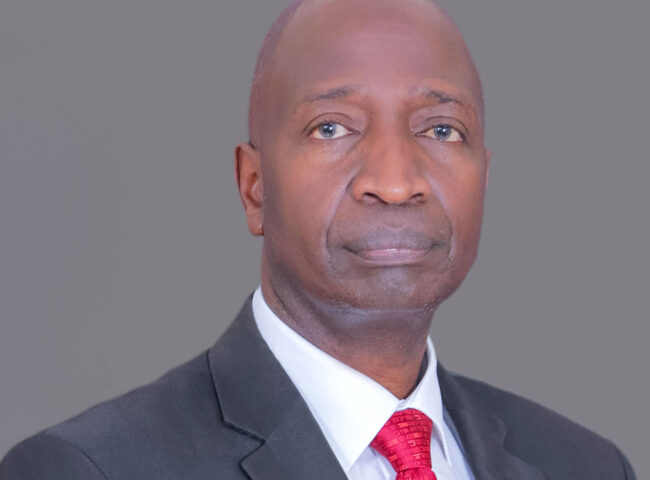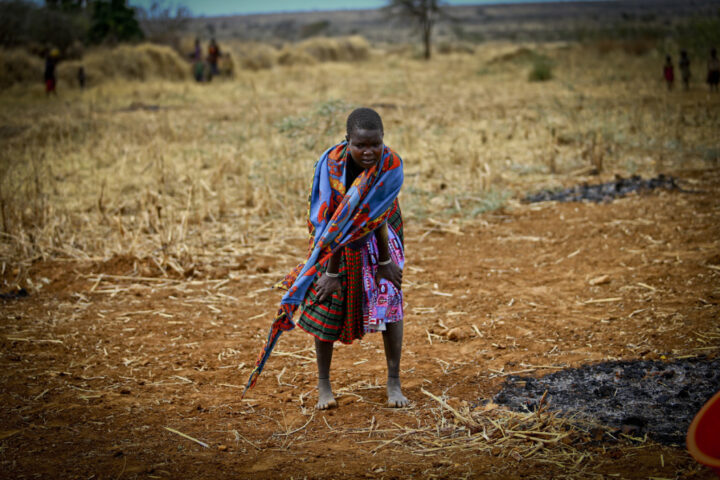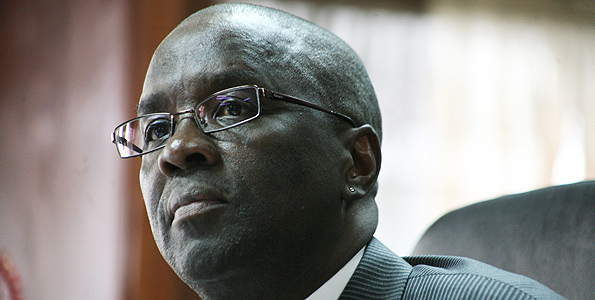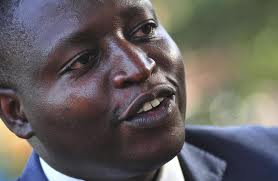When the heat dies down in the latest bloodletting in South Sudan, Africa’s newest state, it should not be obscured that above all that oil and corruption helped fuel the crisis. In most East African capitals like Kampala, South Sudanese have boosted real estate and investments in luxury goods as their elite gormandized on shared oil revenues. Within Sudan and in Juba particularly many East Africans saw their Eldorado, a windfall of oil riches, and flocked in their millions. It is not unusual to hear on Ugandan radio stations commentators berate the government in Kampala for not taking advantage of its “contribution” to the liberation struggle by helping Ugandan businesses partake of the post-war oil booty.
Many of my South Sudanese contacts and friends , while luxuriating in the latest mobile phones and nights out at the Serena Hotel, complained about being conned by greedy businessmen. The signs were always there of tension at the lower level in Juba and other towns. Friction was reported everywhere in the wild south.
In 2008 or so a member of president Museveni’s staff had mentioned to me that SPLA/M leader Salva Kiir was aghast by the abandonment of his comrades whose sole pre-occupation, he complained, was self-aggrandizement in top hotels and estates in Kampala, Nairobi, Mombasa and Bujumbura. While power struggle here is writ large on an ethnic canvass, lets be clear that its partly if not significantly driven by natural resources.
Since the crisis there have been many analyses that target political alliances, unfulfilled dreams and procrastinated projects and so forth but I find collective amnesia when it comes to the role of oil in the Sudans.
Why? am not sure because a lot of smart people work on policy issues here. Whatever the reason it is a misdirection. Its time to look at South Sudan not through the lens of its struggles of the past but of the present and bring some of that “resource curse” terminology to re-angle the options particularly for international actors, companies and institutions in containing the bleeding.
Its neighbors too should watch and learn. Countries in the Great Lakes region are uniformly in some sort of political transition of which South Sudan may be late comer. All are tied to social and economic challenges and to natural resources. In Kenya, democracy is being tested as oil finds spur hope that the economy will address the ethnically amplified inequalities. Its the same for Tanzania, Uganda and DR Congo. In all these countries long serving political settlements are coming undone as pressures from rapidly growing populations, youth unemployment and dissatisfaction with democracy ( or the rhetoric thereof) are radicalizing old identities.
The writing on the wall appears to be that without effective public policy ( and not patronage) instability will result and its consequences will be visited on all.










